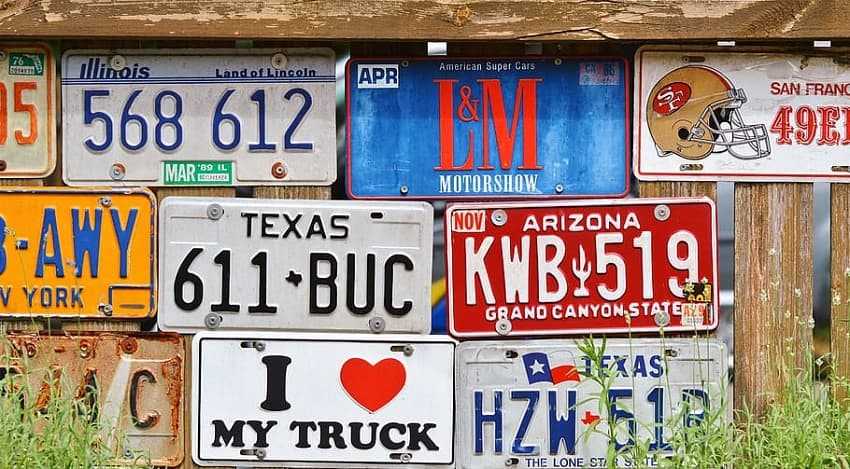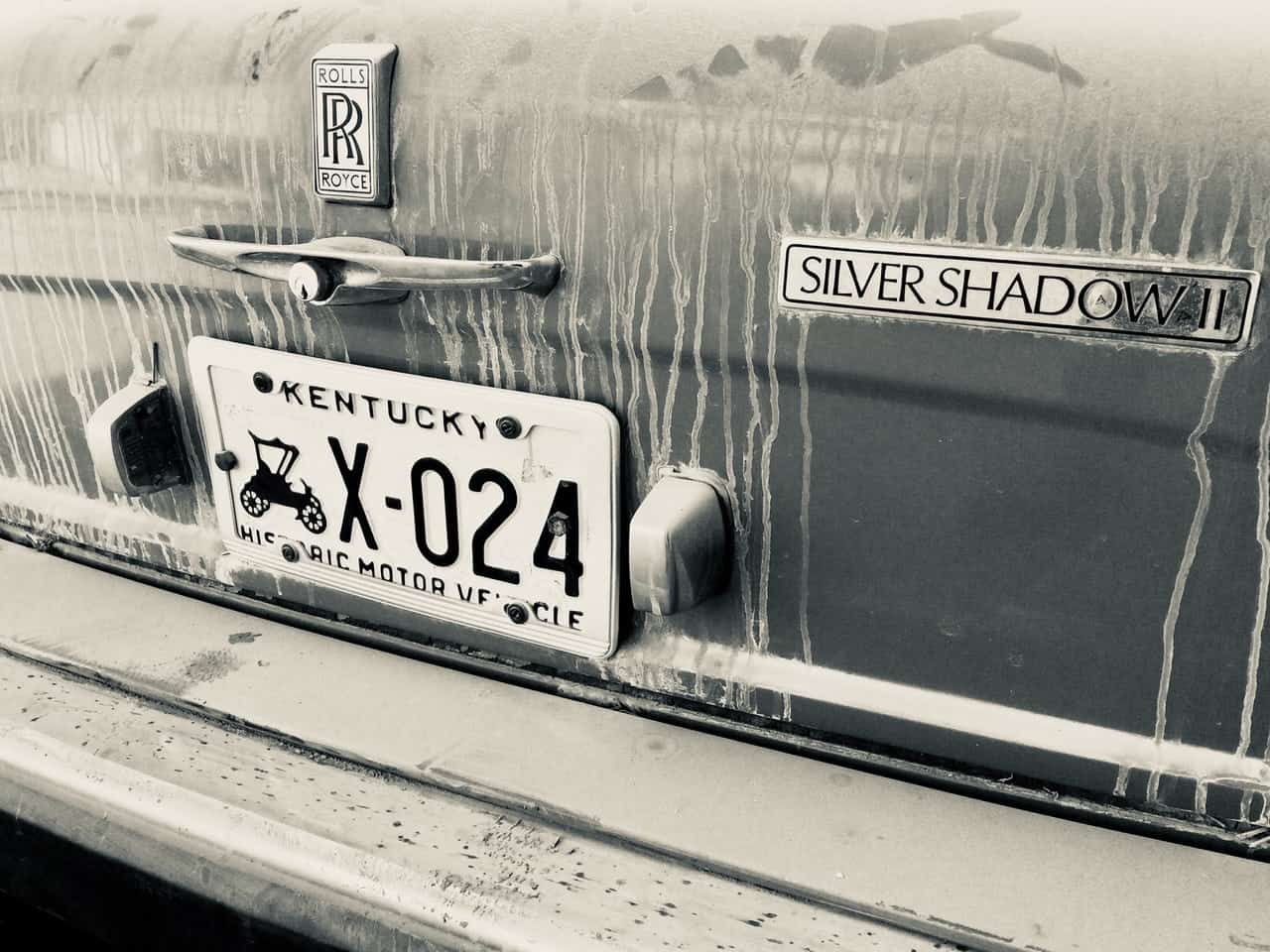As a law-abiding citizen of the country, you need to follow the traffic rules and regulations. State laws demand drivers to always carry some essential documents, including the car registration paper, at the time of driving. Many owners do not register their vehicles immediately after the purchase, which is a mistake. If you are one of them, you must know what happens if you don’t register your car on time. Also, learn when do you need a car registration and what you need for the registration process.
Contents
What Is Car Registration?
Car registration is the act of registering your car that works as proof of car ownership. It is not legal to drive an unregistered vehicle on public roads.
Through this process of registration, a state keeps track of the vehicle ownership of its residents. Typically, car owners need to pay the registration fee to the state of their residence along with necessary documents. In exchange, they get proof that the car belongs to them.
What happens If You Don’t Register Your Car
In most states of the USA, if you plan to keep the vehicles off the public roads or store in your garage, you do not need registration. The same rule applies to the non-operating vehicles that you have already filed to the department of motor vehicles.

If you are driving an unregistered car, traffic police can fine you. They will also ask you to register the vehicle with late fees. Remember that in most states, the penalty fine will increase depending on the time registration lapse or how many days have passed without registration since the purchase.
If you keep a car unregistered for more than six months, this will go into your driving record as a minus point. Because of this, you may have to purchase automobile insurance at increased rates.
After considering everything, it is wise to register your car as soon as possible to avoid any problems in the future.
Situations that Demand a Car Registration
What happens if you don’t register your car that someone else used before will depend on your residence state. Usually, you need to register your vehicle if:
- You purchase a brand new or used car. In the case of new vehicles, the dealers will conduct the necessary registration formalities. However, they may charge additional fees for registration.
- You shift to another state. Moving to a new state requires a new registration for the car. Not doing it will warrant fine and the amount will depend on the law of that particular state.
- The validity of car registration is over. Generally, you have to renew it after one or two years. Find out the regulations of your state to be sure.
SEE MORE
Things You Need to Register Your Car
Visit the DMV website of your state to get the checklist of necessary documents along with the car registration fees. Here are some items you will most probably need for car registration (old or new):
The Proof of Car Ownership: It is most preferably the title of the car. For a leased vehicle, you will need a copy of the lease agreement.
A Purchase Bill or a Certificate of Origin: You need either of these two documents. The certificate of origin should mention the original owner of the brand new car, and the dealership should provide you this paper. Buying from a private seller will require a bill of sale.
ID and Residence Proof: The driving license should work as both types of proof. For moving to a new state, you need to submit a utility bill or another residency proof.
Proof of Insurance: Apply for an insurance that adheres to the state standards.
Additional Certificates: Some states will demand emissions and safety certificates for used cars.
Basic Information about the Car: If any basic car info is missing from the title, such as car brand and model, the model year, VIN (Vehicle Identification Number), and exterior color, you need to submit them separately.
How Much Does Car Registration Cost?

The expenses will depend on the state you live in. The states usually consider car weight, car value, vehicle type, car age, the driving record of the registrar, how many cars does the registrar has, and the license plate type as the parameter for registration cost.
To get an idea about the car registration cost structure of every state, check out the website of the American Automobile Association.
Conclusion
Now that you know what happens if you don’t register your car, hurry up and register. Registration establishes your ownership on the vehicle and helps you in case you need to prove the ownership to police or someone else. As per the discussion, you can easily register your car if you have all the necessary documents with you.



